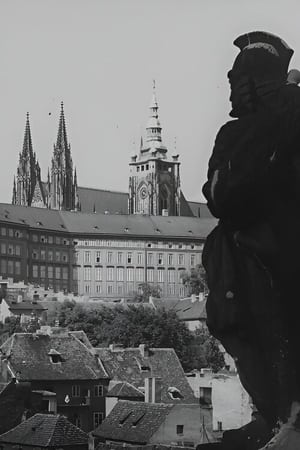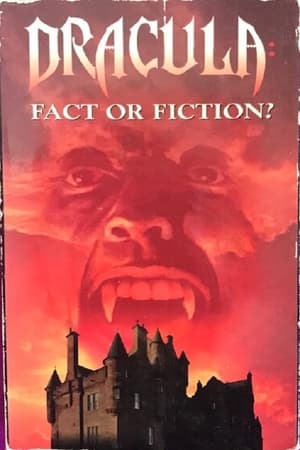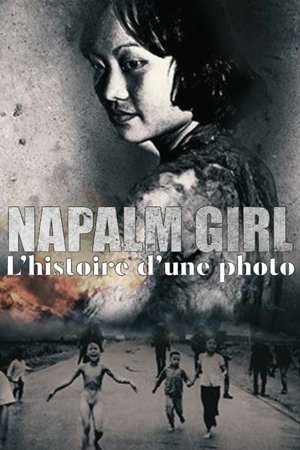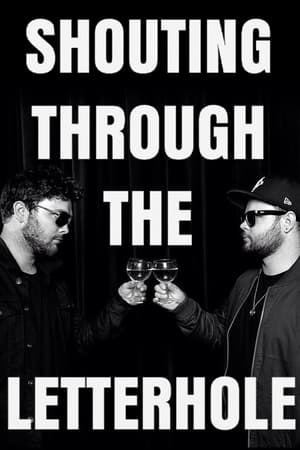

Město mezi lesy(1949)
Movie: Město mezi lesy

Město mezi lesy
HomePage
Overview
Release Date
1949-01-01
Average
0
Rating:
0.0 startsTagline
Genres
Languages:
ČeskýKeywords
Similar Movies
 0.0
0.0Noble and Mundane Prague(cs)
A documentary film comparing current / everyday and historical / noble aspects of Prague.
 0.0
0.0Wonderful Event(az)
The comedy is about drunkard who wanted to go to the bath-house but instead of going there he boarded a plane going to Ganja city...
 0.0
0.0Dracula: Fact or Fiction?(en)
Of all the creatures conjured up from the shadows of the human mind, none exerts such a terrifying grip on our imaginations as the immortal night-stalker, Dracula. But did this fiend actually exist? Are there such things as living vampires? Now, in this startling expose of the vampire legend, you'll meet the scholar who traveled Transylvania's eerie landscapes to unearth the real-life Count Dracula: the ghoulish 15th-century Romanian prince known and feared as "Vlad the Impaler."
 0.0
0.0Class of Her Own(en)
A teacher in a disadvantaged community rebels against a system that neglects many of its vulnerable students. Gloria Merriex transforms into a trailblazer, using rap, dance and other innovations to enable children to thrive in school—and beyond.
 7.2
7.2Le mie poesie non cambieranno il mondo(it)
An intimate, ironic, and freewheeling portrait of Patrizia Cavalli.
 0.0
0.0Me + You(fr)
A documentary about twin sisters whose beliefs have taken them on different paths. Filmmaker Zohra begins filming her twin sister Sanaa in their apartment in Brussels. When Sanaa silently turns to Islam, the religion the two sisters partially grew up with, Zohra becomes more and more consumed by capturing her sister. The inevitable transformation leads to a need to understand each other anew.
 9.0
9.0Napalm Girl. The Journey of a Photo(it)
Through exclusive testimonies and clandestine videos, this documentary gives voice to courageous women in Iran who risked their lives to share their stories and to prominent women in culture, art and academia who were forced to leave their beloved country. They are a guiding force, able to explain through their individual, perilous and often tragic experiences, the drastic shift of a nation, caught between patriarchy, deep economic crisis, corruption, rigid religious and ideological beliefs.
 8.0
8.0Shouting Through The Letterhole(en)
10th Anniversary documentary about Royal Blood's 2014 eponymous debut album, presenting an intimate glimpse into the creative process and the journey behind their work, friendship and brotherhood.

